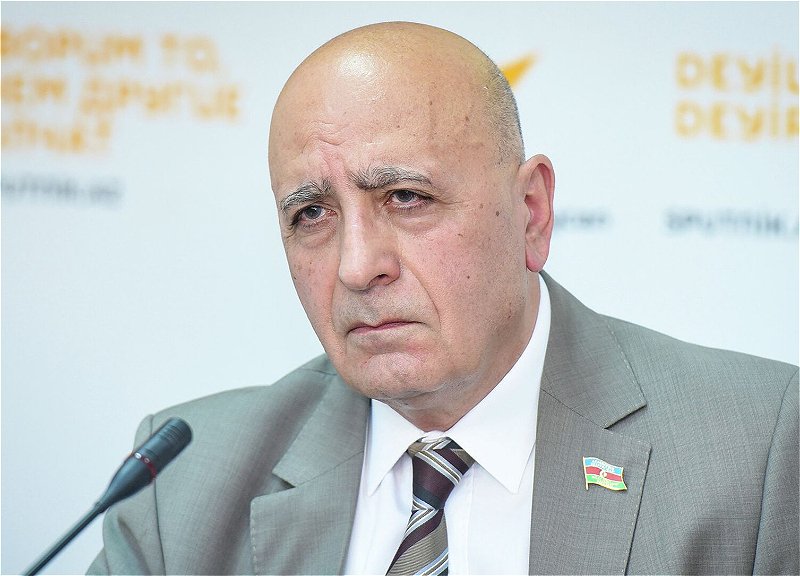BAKU, September 11
Azerbaijani MP and political analyst Rasim Musabekov discussed Russia’s aims in Ukraine, Armenia’s domestic landscape, and South Caucasus normalization in a wide-ranging interview on the YouTube channel Daily Europe Online.
On Russia’s war in Ukraine
Musabekov said the Kremlin views the war as a tool to export internal disorder and “utilize” marginal elements of society, citing public remarks by Russian officials about deaths at the front.
He argued that Moscow’s strategic aim is not four or five regions but the erasure of Ukrainian statehood, warning that a coerced settlement would seed long-term instability and invite pressure on Belarus, Central Asia and the South Caucasus. In his view, Russia shows no genuine intention to end the war absent hard counter-pressure.
Armenia’s politics: “street” vs. institutions
Reacting to former president Serzh Sargsyan’s talk of a “Nepalese (revolutionary) or French (parliamentary) scenario” against Prime Minister Nikol Pashinyan, Musabekov called Sargsyan politically marginal and said the parliamentary opposition lacks votes even to table a no-confidence motion.
He argued Pashinyan currently retains coercive and institutional levers – citing enforcement actions against clerical figures accused in coup plotting and legal pressure on business magnate Samvel Karapetyan – and that Moscow’s influence tools in Yerevan have narrowed.
“Western Azerbaijanis” and a reciprocity principle
Addressing the Organization of Western Azerbaijanis, Musabekov backed a reciprocity formula: Azerbaijanis who wish to return to their ancestral places in Armenia should do so under Armenian law and citizenship, just as any Armenians seeking to live in Karabakh must accept Azerbaijani jurisdiction.
He dismissed the former separatist structure in Karabakh as an “occupation-era administration,” noting its own leaders justified dissolution to enable armed and security personnel to exit safely. He also contrasted Yerevan’s sensitivity to the term “Western Azerbaijan” with the symbolic use of “Western Armenia” and Mount Ararat motifs in Armenian public discourse.
Partners in the EU – and Kyiv
Musabekov highlighted Hungary as Azerbaijan’s closest political partner in the EU—beyond Italy’s top trade role – pointing to Budapest’s stakes in Azerbaijani energy projects and Hungary’s observer status in the Organization of Turkic States.
He said Romania, Bulgaria and Slovakia are watching the Budapest – Baku track closely, and predicted deeper Azerbaijan – Ukraine ties economically and politically.


